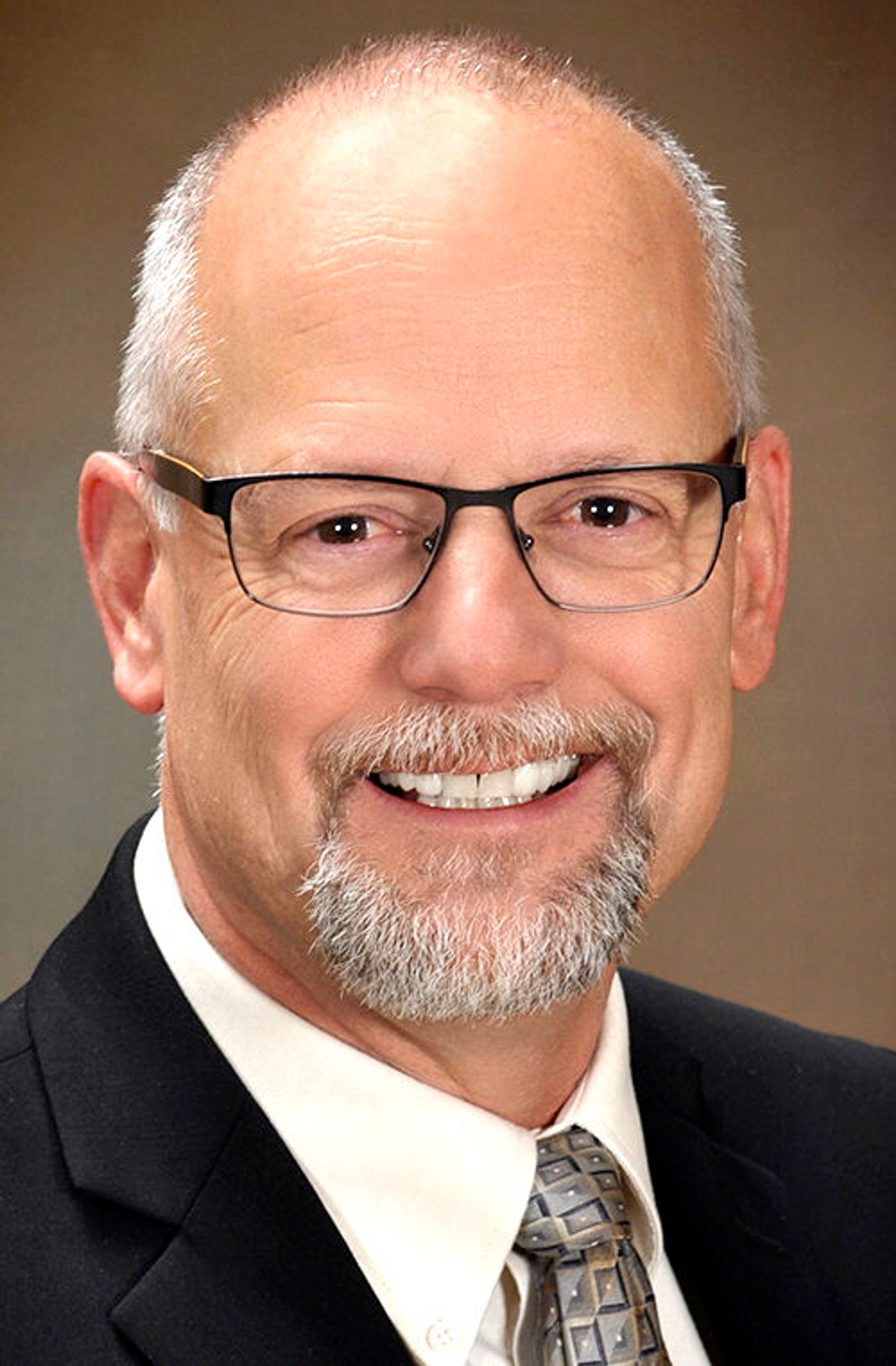Moscow High School eases the path to graduation given pandemic
School board reduces required electives by three
As some high school seniors struggle to keep up with classes delivered either partially or completely online, school leaders are considering ways to ease their path to graduation.
In its regular meeting last week, the Moscow School Board approved a move that would reduce the number of elective credits required to earn a diploma by three in a bid to lighten the load on seniors faced with the stresses of school during the COVID-19 pandemic.
Superintendent Greg Bailey said the Moscow district currently requires students to earn 51 credits to graduate — five more than the state minimum. He said because Moscow requires a higher number of credits than the state, the district is able to lower that requirement without state approval so long as it stays above the minimum of 46.
Bailey said the reasoning behind the move is simple — with students spending a minimum of 60 percent of their class time online, and many fully online, the typical course load of seven classes a semester has become an outsized burden on students.
“Reducing the number of elective credits will provide our students the option to fully engage with fewer classes, hopefully resulting in more learning and better grades,” he said. “Reducing electives also leaves our core courses intact, ensuring that students are prepared for their post-high school lives.”
Bailey said the temporary reduction will affect classes of 2021, ‘22, ‘23 and ‘24. If the pandemic continues through next fall, he said the board could consider extending the reduction to include the class of ‘25 as well.
JoyAnn Riley, co-president of the local teachers’ union, the Moscow Education Association, spoke in support of the move, noting many adults have been struggling to keep up with day-to-day responsibilities during the pandemic. And like those community members who are encountering difficulties, many vulnerable young people are “engaged in an all-out battle with life right now,” she said.
“Some of our students are working full-time to help their families while trying to balance a full class load, some are worried about where their next meal is coming from,” Riley said. “And now more than ever, students are struggling with emotional and mental health issues.”
Bailey said the district is also planning to have struggling students come in for an additional day of in-person support on Wednesdays — typically a day where all students are being taught online under the district’s current hybrid instructional model.
Across the Washington border, the Pullman School District has deployed a similar strategy to offer students more support. Though the district has delivered instruction almost entirely online for the fall semester, Superintendent Bob Maxwell said struggling students can access in-person assistance throughout the week.
Maxwell said the district is also considering utilizing more “incompletes” in lieu of letter grades, which he said will give students more time to improve their standing beyond the end of the semester.
“They don’t have to settle for a letter grade right then and there,” Maxwell said. “They can have some time, if they’re struggling with online learning, to get some extra time or interventions in between, and convert that incomplete.”
Maxwell said the Pullman district does not have the ability to change its required credit load for graduation the way Moscow did. He said Washington’s Office of Superintendent of Public Instruction has hinted they are considering making some emergency changes to graduation requirements, but there has been no official rule change as of yet.
Scott Jackson can be reached at (208) 883-4636, or by email to sjackson@dnews.com.
“Some of our students are working full-time to help their families while trying to balance a full class load, some are worried about where their next meal is coming from. And now more than ever, students are struggling with emotional and mental health issues.”
JoyAnn Riley, co-president of the Moscow Education Association








